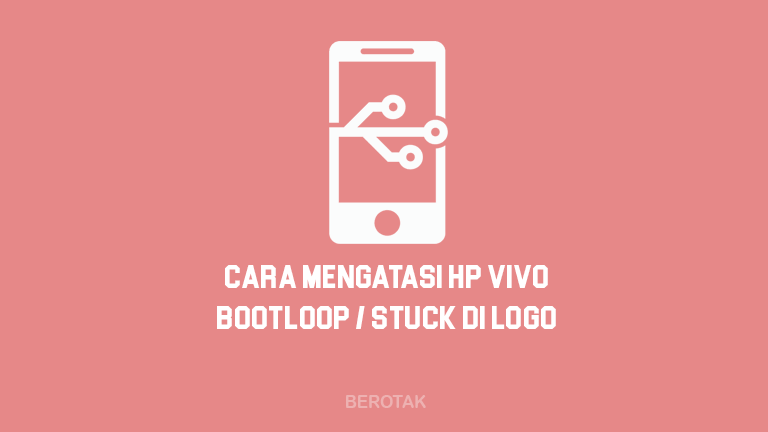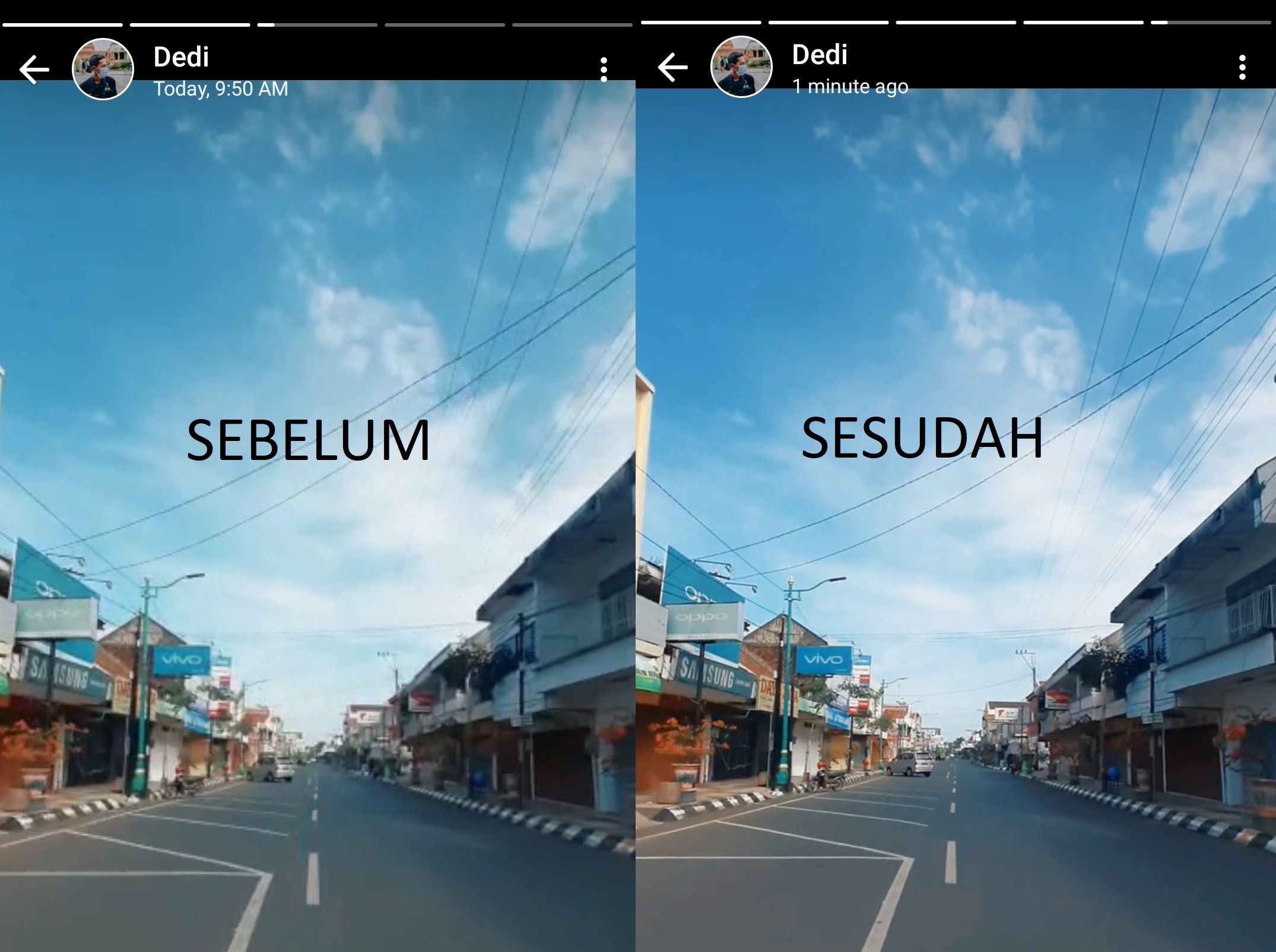
Aplikasi Belajar Bahasa Jepang Terbaik Mod Apk: Top 20 Apps for Learning Japanese
Kaum Berotak, it’s great to have you here! In this article, we will be discussing the top 20 aplikasi belajar bahasa jepang terbaik mod apk for learning the Japanese language. Whether you’re a student or a professional, these apps will help you master the Japanese language in no time.
1. Duolingo
Duolingo is a popular language learning app that offers Japanese courses. It’s a free app that is available on both Android and iOS platforms. The app uses gamification techniques to make learning Japanese fun and engaging.
The app comes with lessons that cover reading, writing, and speaking Japanese. The lessons are divided into different levels, and you can track your progress as you go along. The app also sends you reminders to practice regularly to help you stay on track with your language learning goals.
Duolingo doesn’t have any in-app purchases or ads, making it a great app for language learners on a budget.
Pros of Duolingo
- Free to use
- Fun and engaging lessons
- Progress tracking
- No in-app purchases or ads
Cons of Duolingo
- Lessons can be repetitive
- Not suitable for advanced learners
- Grammar explanations are lacking
- Speech recognition technology can be unreliable
2. Memrise
Memrise is another popular language learning app that offers Japanese courses. The app has a large library of user-generated content, which makes it an excellent resource for learning new vocabulary and grammar.
The app uses flashcards and gamification techniques to help you memorize new words and phrases. The app also has a feature called “Learn with Locals,” which lets you hear real Japanese speakers pronounce words and phrases.
Memrise is a freemium app, which means that it has both free and paid features. The free version of the app is great for beginners, but advanced learners may want to upgrade to the paid version for more advanced features.
Pros of Memrise
- Large library of user-generated content
- Flashcard-based learning
- “Learn with Locals” feature
- Freemium model
Cons of Memrise
- Lessons can be repetitive
- Not suitable for advanced learners
- Paid version is expensive
- Grammar explanations are lacking
3. Rosetta Stone
Rosetta Stone is a well-known language learning software that offers Japanese courses. The software uses a patented method called “Dynamic Immersion,” which aims to simulate the way children learn a language.
The software comes with lessons that cover reading, writing, and speaking Japanese. The lessons are divided into different levels, and you can track your progress as you go along. The software also has a feature called “TruAccent,” which uses speech recognition technology to help you improve your pronunciation.
Rosetta Stone is a premium software that comes with a hefty price tag. However, it’s worth the investment if you’re serious about learning Japanese.
Pros of Rosetta Stone
- Comprehensive language learning software
- Dynamic Immersion method
- Progress tracking
- TruAccent feature
Cons of Rosetta Stone
- Expensive
- Lessons can be repetitive
- Not suitable for advanced learners
- No grammar explanations
4. Lingodeer
Lingodeer is a language learning app that offers courses in Japanese. The app is designed to be beginner-friendly and covers all aspects of the Japanese language, including reading, writing, and speaking.
The app uses gamification techniques to make learning Japanese fun and engaging. The app also has a feature called “DeerCam,” which lets you practice your speaking skills by recording yourself speaking Japanese and comparing it to a native speaker.
Lingodeer is a freemium app that offers both free and paid features. The free version of the app is great for basic Japanese learning, but advanced learners may want to upgrade to the paid version for more advanced features.
Pros of Lingodeer
- Beginner-friendly app
- Covers all aspects of the language
- Gamification techniques
- “DeerCam” feature
Cons of Lingodeer
- Not suitable for advanced learners
- Paid version is expensive
- Grammar explanations are lacking
- Lessons can be repetitive
5. Busuu
Busuu is a language learning app that offers courses in Japanese. The app has a large community of language learners, which makes it a great app for practicing your Japanese with native speakers.
The app uses flashcards and gamification techniques to help you memorize new words and phrases. The app also has a feature called “Speech Recognition,” which helps you improve your pronunciation by comparing your spoken Japanese to a native speaker.
Busuu is a freemium app that offers both free and paid features. The free version of the app is great for basic Japanese learning, but advanced learners may want to upgrade to the paid version for more advanced features.
Pros of Busuu
- Large community of language learners
- Flashcard-based learning
- “Speech Recognition” feature
- Freemium model
Cons of Busuu
- Not suitable for advanced learners
- Paid version is expensive
- Grammar explanations are lacking
- Lessons can be repetitive
6. HelloTalk
HelloTalk is a language exchange app that lets you connect with native speakers of Japanese. The app allows you to chat with native speakers, make voice and video calls, and practice your speaking and listening skills in a real-world setting.
The app also has a feature called “Moments,” which lets you post status updates in Japanese and receive feedback from native speakers. The app is free to use, making it a great resource for language learners on a budget.
Pros of HelloTalk
- Connect with native speakers of Japanese
- Real-world language practice
- “Moments” feature
- Free to use
Cons of HelloTalk
- Not suitable for beginners
- May not be suitable for shy learners
- May not be appropriate for younger learners
- Some users may not be reliable
7. JapanesePod101
JapanesePod101 is a language learning website that offers audio and video lessons in Japanese. The website has a large library of lessons that cover all aspects of the Japanese language, including grammar, vocabulary, and pronunciation.
The website also has a feature called “Word of the Day,” which sends you a new Japanese word and its meaning every day. The website is a great resource for language learners who prefer audio and video-based learning.
Pros of JapanesePod101
- Large library of lessons
- Covers all aspects of the language
- “Word of the Day” feature
- Audio and video-based learning
Cons of JapanesePod101
- Website is not mobile-friendly
- Lessons can be repetitive
- Not suitable for advanced learners
- Pricing is a bit expensive
8. Tandem
Tandem is a language exchange app that lets you connect with native speakers of Japanese. The app allows you to chat with native speakers, make voice and video calls, and practice your speaking and listening skills in a real-world setting.
The app also has a feature called “Tutors,” which lets you hire a Japanese tutor for one-on-one lessons. The app is free to use, making it a great resource for language learners on a budget.
Pros of Tandem
- Connect with native speakers of Japanese
- Real-world language practice
- “Tutors” feature
- Free to use
Cons of Tandem
- Not suitable for beginners
- May not be suitable for shy learners
- May not be appropriate for younger learners
- Some users may not be reliable
9. Anki
Anki is a flashcard-based learning software that is perfect for memorizing new Japanese vocabulary. The software uses a spaced repetition algorithm to help you memorize new words and phrases effectively.
You can create your own flashcards or download pre-made decks from the Anki community. The software is free to use, making it a great resource for language learners on a budget.
Pros of Anki
- Flashcard-based learning
- Spaced repetition algorithm
- You can create your own flashcards
- Free to use
Cons of Anki
- May not be suitable for visual learners
- Lessons can be repetitive
- May not be suitable for advanced learners
- Some decks may not be reliable
10. Kanji Study
Kanji Study is an app that is designed specifically for learning Japanese kanji. The app has over 6,000 kanji characters, and each character comes with detailed information on its meaning, pronunciation, and stroke order.
The app uses gamification techniques to make learning kanji fun and engaging. The app also has a feature called “Drills,” which lets you practice writing kanji characters.
Kanji Study is a freemium app that offers both free and paid features. The free version of the app is great for basic kanji learning, but advanced learners may want to upgrade to the paid version for more advanced features.
Pros of Kanji Study
- Comprehensive kanji learning app
- Gamification techniques
- “Drills” feature
- Freemium model
Cons of Kanji Study
- Not suitable for beginners
- Paid version is expensive
- Lessons can be repetitive
- May not be suitable for those who prefer audio-based learning
11. Pimsleur
Pimsleur is a language learning course that is available in both audio and text formats. The course is designed to be immersive and focuses on teaching conversational Japanese.
The course comes with lessons that cover reading, writing, and speaking Japanese. The lessons are divided into different levels, and you can track your progress as you go along.
Pimsleur is a premium course that comes with a price tag. However, it’s worth the investment if you’re serious about learning Japanese.
Pros of Pimsleur
- Comprehensive language learning course
- Immersive learning experience
- Focuses on conversational Japanese
- Progress tracking
Cons of Pimsleur
- Expensive
- Lessons can be repetitive
- Not suitable for visual learners
- May not be suitable for advanced learners
12. Human Japanese
Human Japanese is a language learning app that offers courses in Japanese. The app is designed to be beginner-friendly and covers all aspects of the Japanese language, including grammar, vocabulary, and pronunciation.
The app uses a text-based approach to teach grammar and vocabulary, with audio examples to help with pronunciation. The app also has a feature called “Let’s Hear It,” which lets you listen and repeat phrases with a native speaker.
Human Japanese is a premium app that comes with a price tag. However, it’s worth the investment if you’re serious about learning Japanese.
Pros of Human Japanese
- Beginner-friendly app
- Covers all aspects of the language
- “Let’s Hear It” feature
- Comprehensive grammar explanations
Cons of Human Japanese
- Expensive
- Lessons can be repetitive
- Not suitable for advanced learners
- May not be suitable for visual learners
13. JLPT N5-N1 Vocabulary
JLPT N5-N1 Vocabulary is an app that is designed specifically to help you prepare for the Japanese Language Proficiency Test (JLPT). The app has over 6,000 vocabulary words that cover all levels of the JLPT.
The app uses flashcards and gamification techniques to help you memorize new words and phrases. The app also has a feature called “Quiz,” which lets you test your knowledge of Japanese vocabulary.
JLPT N5-N1 Vocabulary is a freemium app that offers both free and paid features. The free version of the app is great for basic JLPT preparation, but advanced learners may want to upgrade to the paid version for more advanced features.
Pros of JLPT N5-N1 Vocabulary
- Comprehensive JLPT preparation app
- Gamification techniques
- “Quiz” feature
- Freemium model
Cons of JLPT N5-N1 Vocabulary
- Not suitable for those who prefer audio-based learning
- May not be suitable for visual learners
- Paid version is expensive
- Lessons can be repetitive
14. LinguaLift
LinguaLift is a language learning course that is designed to be immersive and interactive. The course covers all aspects of the Japanese language, including grammar, vocabulary, and pronunciation.
The course comes with lessons that are divided into different levels, and you can track your progress as you go along. The course also has a feature called “Tutor,” which lets you hire a Japanese tutor for one-on-one lessons.
LinguaLift is a premium course that comes with a price tag. However, it’s worth the investment if you’re serious about learning Japanese.
Pros of LinguaLift
- Comprehensive language learning course
- Immersive learning experience
- “Tutor” feature
- Focuses on real-world language use
Cons of LinguaLift
- Expensive
- Lessons can be repetitive
- Not suitable for visual learners
- May not



